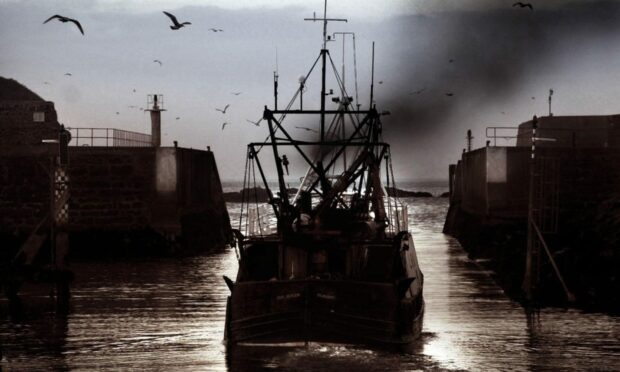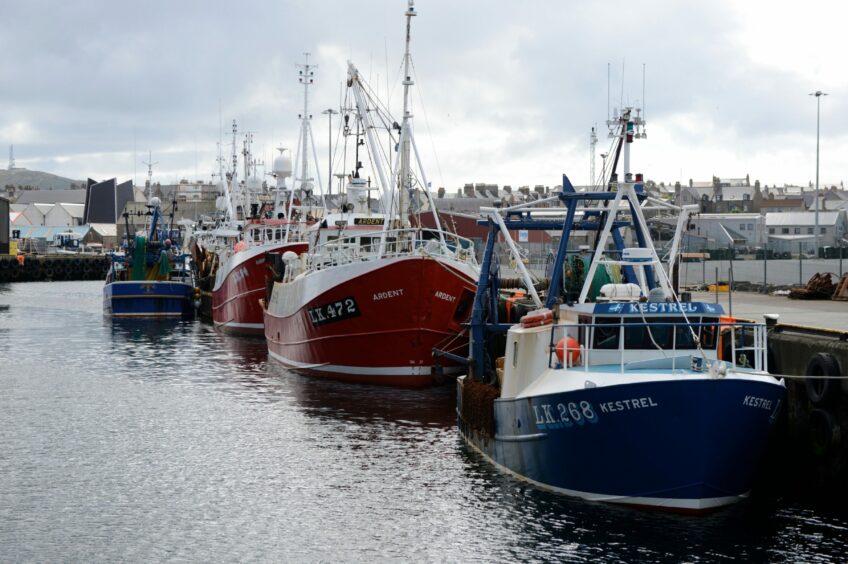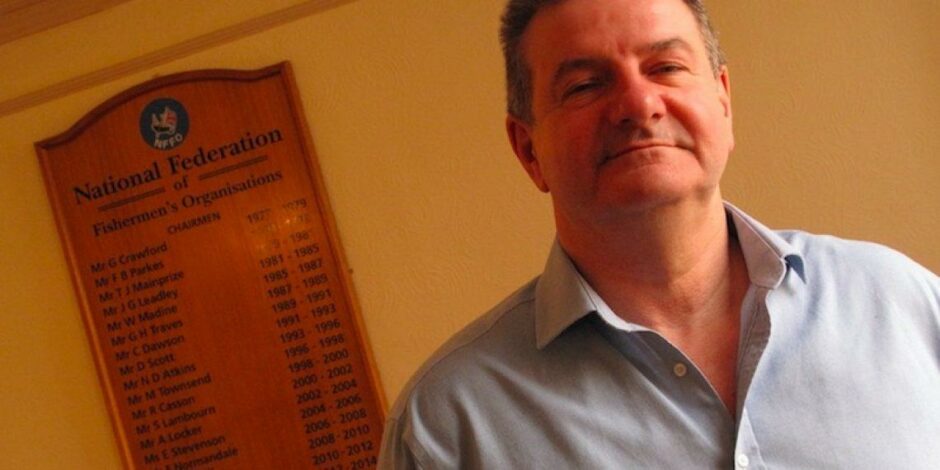The Brexit trade deal hailed as a £148 million boost to the UK fishing fleet over the next five years will instead punish the industry to the tune of more than £300m, a new report says.
Scottish fishing chiefs reiterated disappointment over the deal after a former UK Government official revealed his damning Brexit balance sheet for their industry.
Since the terms of the Brexit deal were announced, we have said repeatedly that it was deeply disappointing and fell very far short of what the government had promised time after time to the industry.”
Elspeth Macdonald, chief executive, Scottish Fishermen’s Federation.
According to Gary Taylor, who led the Department for Environment, Food and Rural Affairs (Defra) negotiating team at international fishing talks for nearly six years, until early 2016, Britain’s fishing fleet is on track to lose nearly £65m a year as a result of the UK-EU trade deal struck last Christmas Eve.
There will be a £90m “paper” gain from additional quota that won’t be caught because there is no demand for it, Mr Taylor’s report says.
But this will be more than wiped out by the cost of red tape and non-tariff barriers, as well as the loss of access to some important non-UK fishing grounds, it adds.
Post-Brexit efforts to strike a deal on catch limits with shared fishery partners including Norway and Faroe have failed to date, leaving UK vessels without access to key fishing areas.
Soon after Prime Minister Boris Johnson signed the UK’s Trade and Cooperation Agreement (TCA) with the EU, the government declared that Britain’s fishing industry would incrementally benefit to the tune of £148m from the deal by 2026.
But there has never been any official balance sheet of the costs and benefits
associated with the TCA.
‘We are where we are’
Mr Taylor carried out his analysis on behalf of the National Federation of Fishermen’s Organisations (NFFO), whose chief executive Barrie Deas stressed the aim was not to reopen arguments over leaving the EU or the Common Fisheries Policy.
Launching the document, Mr Deas said: “We are where we are. We have to look forward.”
But he admitted the figures shed new light on “the gap between the promises
and what has been achieved to date”.
NFFO has called on the government to publish its own figures, seek a more equitable agreement with the EU on quota share, develop a strategy for a “major renegotiation” for beyond 2016 and pursue “meaningful” annual agreements with Norway and Faroe.
Scottish Fishermen’s Federation chief executive Elspeth Macdonald said: “Since the terms of the Brexit deal were announced, we have said repeatedly that it was deeply disappointing and fell very far short of what the government had promised time after time to the industry.
‘We now need to look forward’
“But as we told the prime minister when we met him in August, we now need to look forward and try very hard to resolve the outstanding issues.
“These are primarily reaching fisheries agreements with the other major coastal states.”
A Defra spokeswoman said: “Now we have left the EU, we have taken back control of our waters.
“We have greater shares of fishing quota, and the total value of UK-EU fishing opportunities for the UK in 2021 is approximately £333m – an increase of £27m on last year.”
Defra recently announced the first part of a £100m UK Seafood Fund to boost science and innovation in the industry.
Earlier this year, figures from seafood trade body Seafish revealed UK fishing industry profits slumped by nearly one-fifth as the Covid-19 pandemic shut off markets in 2020.


